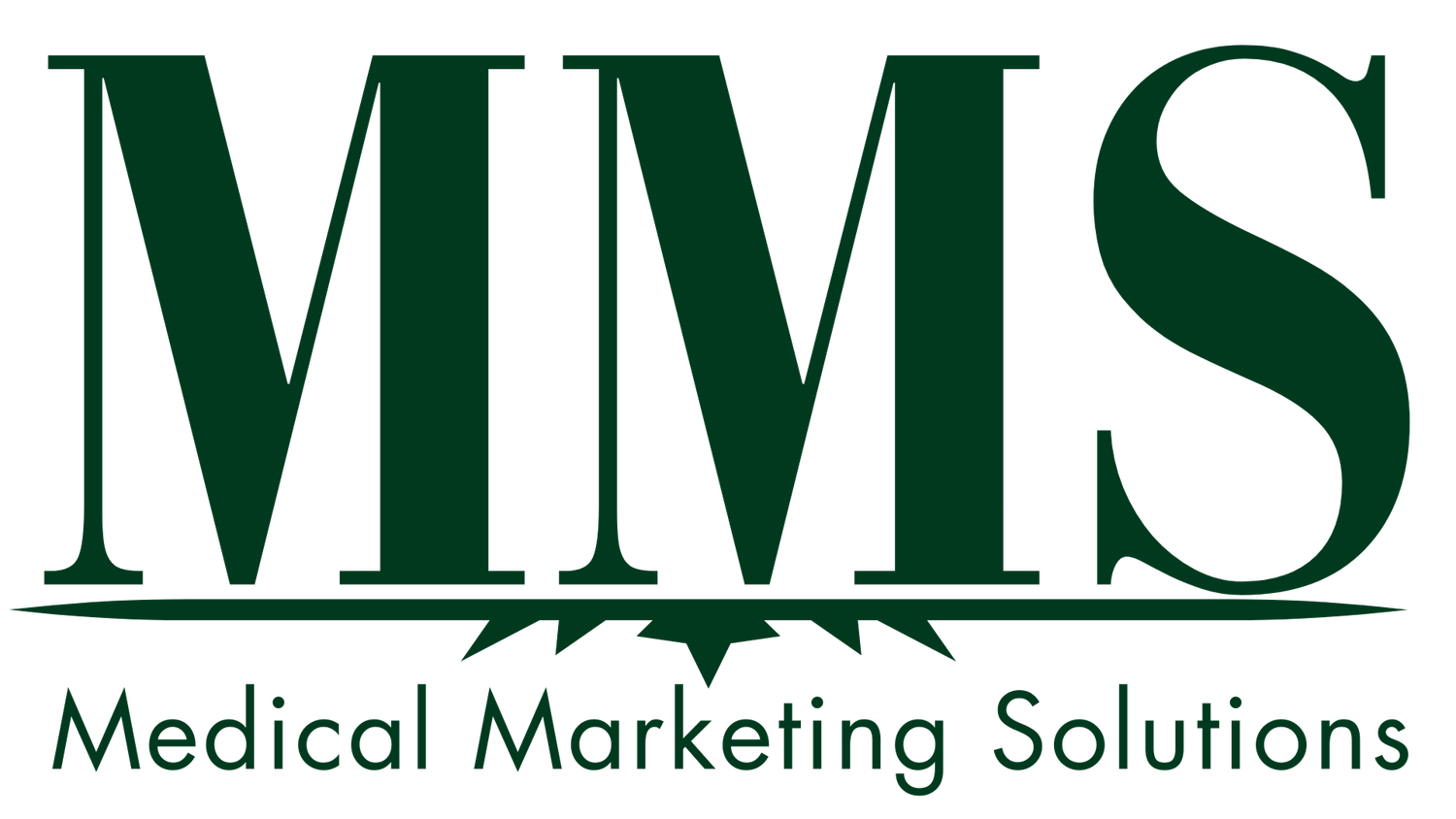The Vital Importance of Marketing for Medical Practices
In today's competitive healthcare landscape, medical practices are finding themselves in a position where merely providing excellent medical care is not enough. With the rise of digital technologies and changing patient expectations, marketing has become an essential tool for medical practices to thrive. Here are several reasons why marketing is crucial for medical practices:
1. **Visibility and Brand Awareness**: Effective marketing efforts increase the visibility of a medical practice, making it easier for patients to find and choose their services. By building a strong brand presence through various marketing channels such as social media, search engines, and local advertising, medical practices can establish themselves as reputable and trustworthy healthcare providers in their community.
2. **Patient Education and Engagement**: Marketing provides medical practices with a platform to educate patients about various health conditions, treatment options, preventive measures, and healthcare services available. Through informative content such as blog posts, videos, and webinars, medical practices can engage with patients on a deeper level, fostering trust and loyalty.
3. **Competitive Advantage**: In today's competitive healthcare market, medical practices must differentiate themselves from competitors. A well-defined marketing strategy allows medical practices to highlight their unique selling points, specialties, and strengths, giving them a competitive edge and attracting patients who resonate with their values and services.
4. **Patient Acquisition and Retention**: Marketing efforts are essential for attracting new patients and retaining existing ones. By targeting specific demographics and segments through personalized marketing campaigns, medical practices can reach potential patients who are most likely to benefit from their services. Moreover, ongoing communication and engagement through email newsletters, social media updates, and patient satisfaction surveys can help medical practices retain patients and encourage repeat visits.
5. **Adapting to Technological Advances**: With the proliferation of digital technologies, patients are increasingly turning to online resources to research healthcare providers, book appointments, and access medical information. Medical practices that invest in digital marketing strategies such as search engine optimization (SEO), website optimization, and online appointment scheduling are better positioned to meet the evolving needs and preferences of patients in the digital age.
6. **Building Trust and Credibility**: Trust is a crucial factor in the patient-provider relationship. Effective marketing helps medical practices build trust and credibility by showcasing their expertise, credentials, patient testimonials, and success stories. By demonstrating transparency, empathy, and professionalism in their marketing communications, medical practices can establish strong connections with patients and foster long-term relationships built on trust.
In conclusion, marketing plays a vital role in the success and growth of medical practices. By increasing visibility, educating patients, gaining a competitive advantage, acquiring and retaining patients, adapting to technological advances, and building trust and credibility, medical practices can achieve their business objectives while delivering high-quality healthcare services to their communities.
